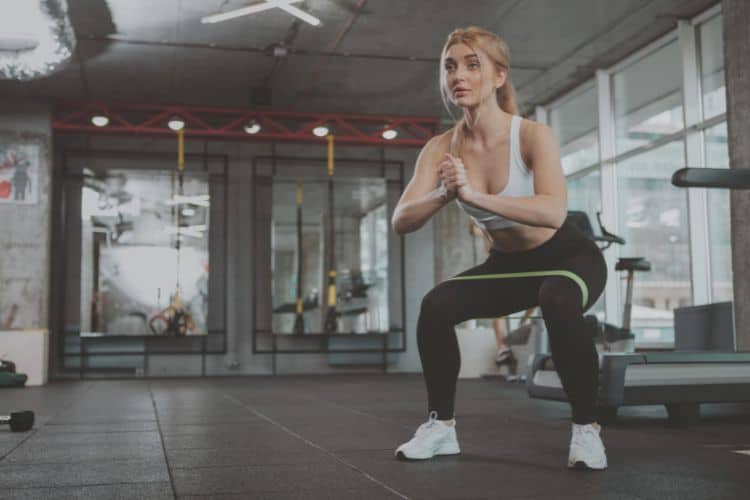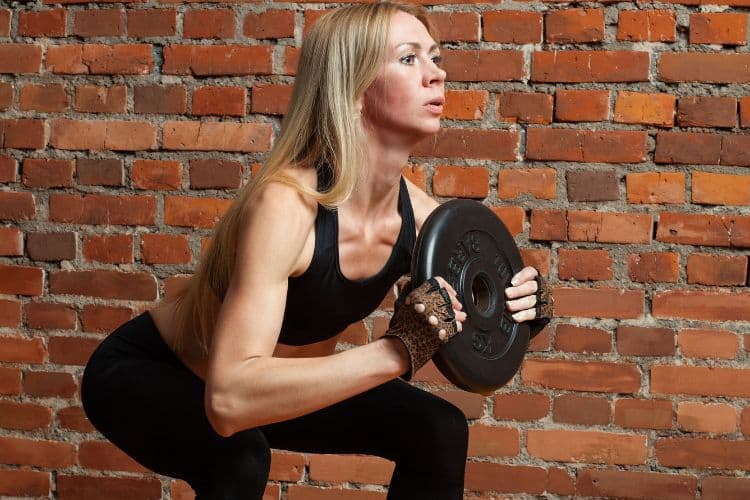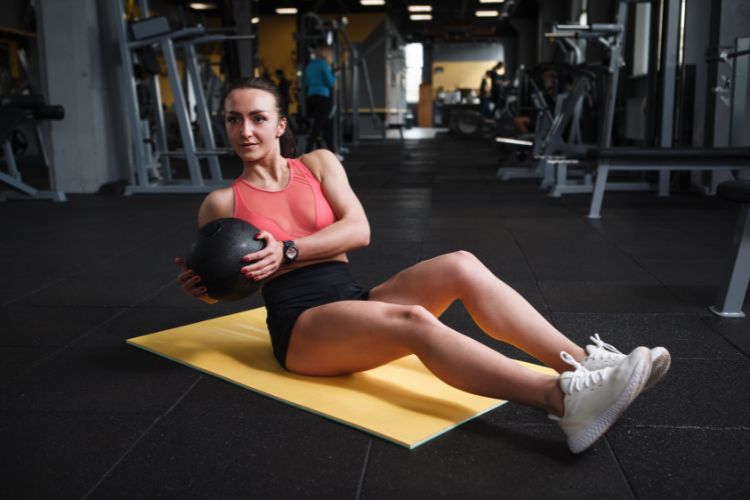Sign up for workout ideas, training advice, reviews of the latest gear and more.






When it comes to fitness, the core is often considered the powerhouse of the body. It is more than just achieving defined abs—a strong core supports overall stability, enhances performance in various physical activities, and reduces the risk of injuries. Functional core workouts for women focus on building strength, balance, and endurance through movements that mimic real-life activities. This guide dives into the importance of functional core training and outlines effective exercises that cater specifically to women.
The core encompasses muscles in the abdomen, lower back, hips, and pelvis. Functional training strengthens these muscles, making everyday tasks like carrying groceries, picking up children, or climbing stairs easier and safer.
Poor posture can lead to chronic back and neck pain. A well-conditioned core helps maintain proper alignment, alleviating pressure on the spine and preventing discomfort.
Whether you’re a runner, swimmer, or yoga enthusiast, a strong core boosts performance by improving coordination, balance, and overall power. Functional exercises train the core in ways that translate directly to sports and other physical activities.
A robust core acts as a natural brace for the spine, reducing the likelihood of injuries during high-impact movements or sudden shifts in balance.
Functional exercises involve movement across multiple planes of motion: sagittal (forward and backward), frontal (side to side), and transverse (rotational). This approach ensures comprehensive core activation.
Incorporating instability—such as using a balance ball or performing single-leg exercises—engages the core more effectively.
Functional core workouts often combine core activation with movements targeting other muscle groups, promoting overall strength and coordination.
Begin with a 5-10 minute warm-up to prepare your body. Incorporate dynamic stretches like cat-cow poses, standing side bends, and arm swings to loosen up your core and improve mobility.
Lie on your back with your arms extended toward the ceiling and your knees bent at 90 degrees. Lower one arm and the opposite leg toward the ground while keeping your core engaged.
Sit on the floor with your knees bent and feet slightly lifted. Lean back slightly and twist your torso from side to side while holding a weight or medicine ball.
Start in a tabletop position. Extend one arm and the opposite leg simultaneously, keeping your core engaged and your back flat.
Proper technique is crucial to maximize benefits and avoid injuries. If you’re unsure about your form, consider working with a trainer or using a mirror to check alignment.
Start with basic exercises and gradually increase intensity or complexity. Add weights, increase repetitions, or incorporate instability as you gain strength.
Aim for at least three core workouts per week. Consistent training will yield noticeable improvements in strength and stability over time.
Functional core exercises are most effective when integrated into a well-rounded fitness routine that includes strength training, cardiovascular exercises, and flexibility work.
Functional core workouts for women go beyond aesthetics to improve overall health, performance, and quality of life. By incorporating a variety of dynamic, stability-focused, and multi-planar movements, you can build a strong foundation that supports all aspects of your daily and athletic endeavors. Start incorporating these exercises into your routine and enjoy the benefits of a stronger, more functional core.
Stay up to date on the latest women’s health, fitness and lifestyle trends and tips.